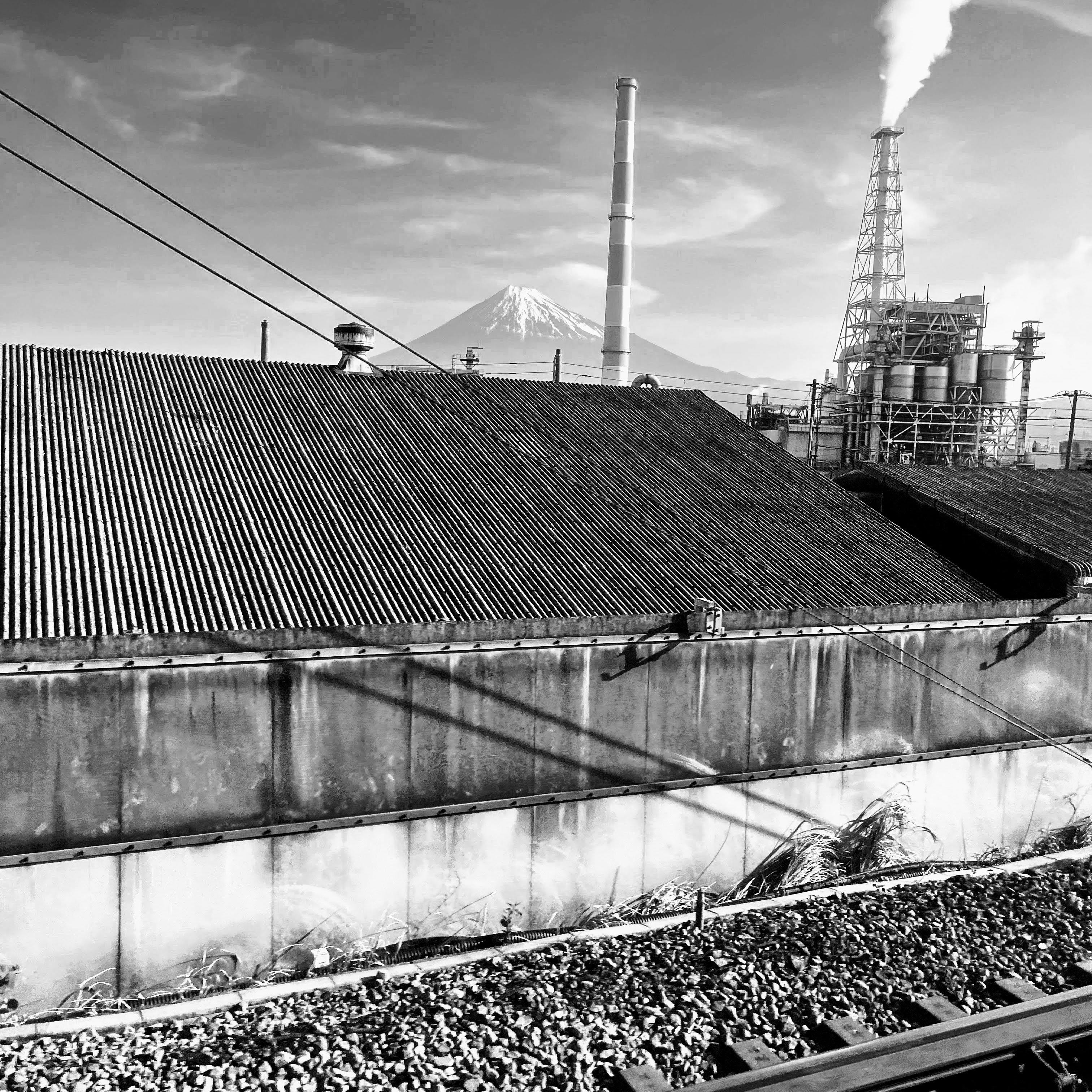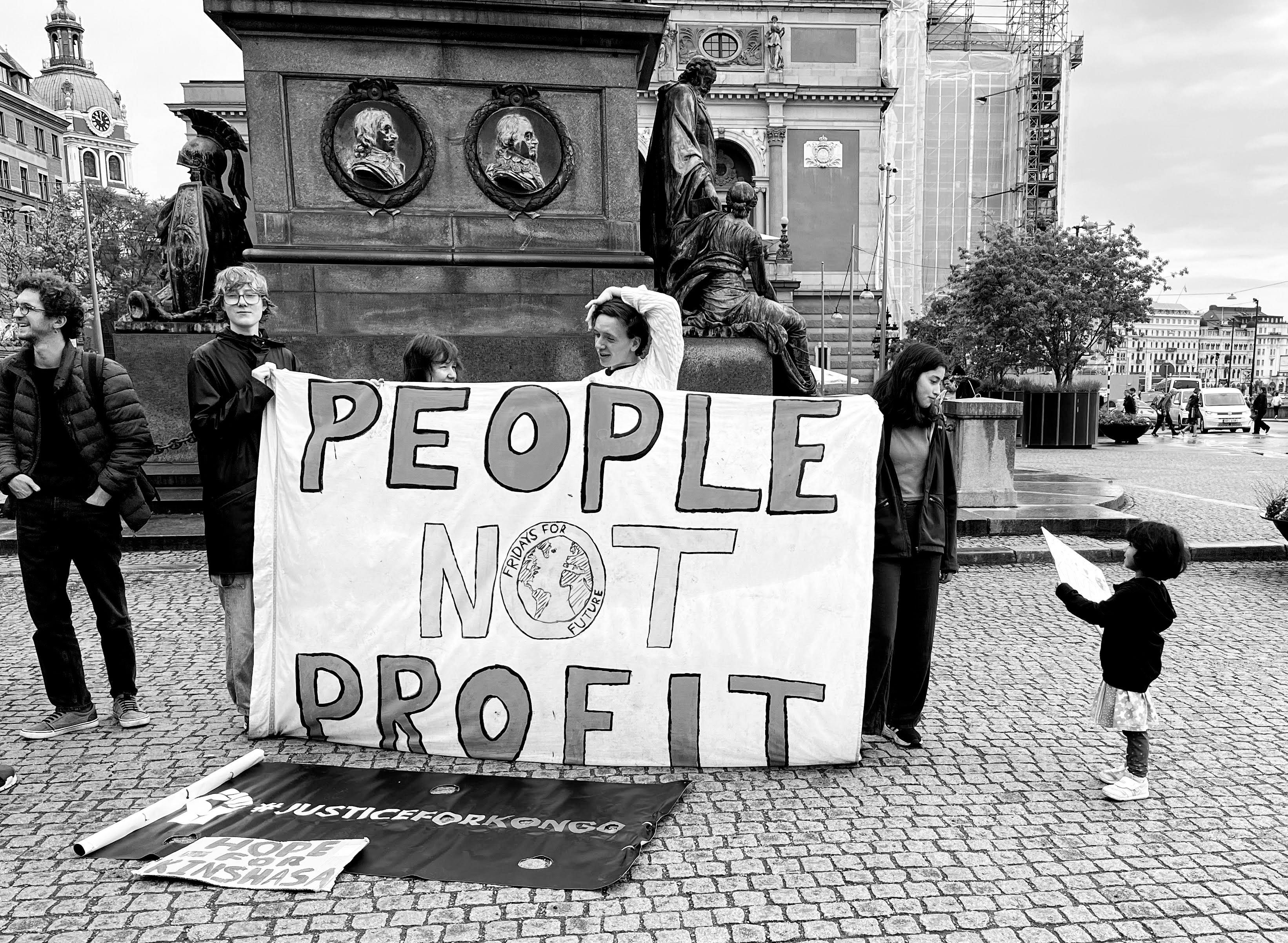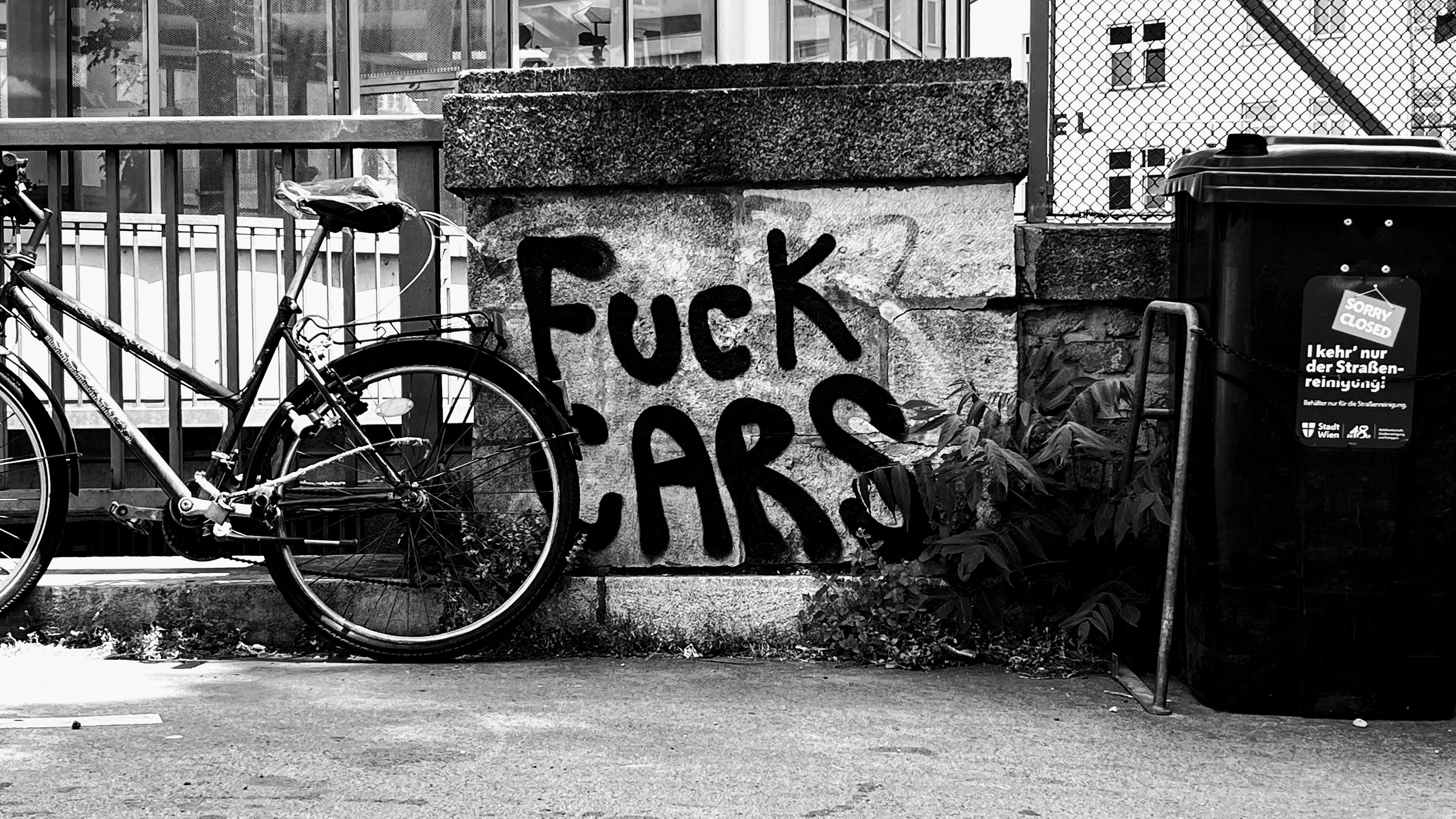When I decided it was time to walk away from Google and set up my own practice, the primary motivation was to follow my curiosity with more agency and self-determination. Traveling the world the past two months has taught me what it means to exercise that agency.

By the numbers it was:
- 53 days of traveling Eastward from Singapore to Singapore.
- Tokyo, Chiba, Aichi, Los Angeles, Denver, Boulder, New York, Boston, Copenhagen, Lund, Stockholm, Troso, Västerljung, Vienna, Bangkok
- Slept in 14 beds in 6 countries - Japan, USA, Denmark, Sweden, Austria and Thailand
- 9 flights, 2 intercity trains
- 25 Kilos (55 lbs) of books accumulated across all the bookshops (yes, we had to ship some back home). If you’re visiting any of these cities, we have book shop recommendations for you.
- 1 extra suitcase bought on the trip
- 1 suitcase broken on the trip (yes, it was that new cheap one we just bought)
- 1 trip to the emergency room (for one stubborn & sneaky splinter)
- 1 piece of clothing lost
Every day was a lesson - about the world, about people, about ourselves. I’ve tried to document one for every day we were traveling:
KNOW WHEN TO CASH IN YOUR (metaphorical) MILES: I’m absolutely not a “miles guy” but I happened to have a travel-intensive role pre-pandemic and later I just happened to have picked the most low-effort credit card that connected directly with the airline. I was optimizing for laziness. And the miles kept piling up. The amount of thought we give to, say, monetary investments, isn’t the same we give to investment in “future luxuries”. We hoard miles, but know when to redeeem ‘em. I sure learnt to do it this year.
INFINITE SUNDAY MORNINGS NEVER COME: We hoard miles, vacation days, bucket lists. I always thought I’d use them “someday” or as the author Ned Beauman put in one of his books “save for an infinite sunday” morning when you’re finally free of chores and duties. The thing about “someday” is that it is rarely tomorrow, almost never this week or even this year. Instead of “someday”, I’ve started asking myself “if not now, then when” and if the answer isn’t a concrete date, that’s the indication to think deeper.
LEAVE THE OVERHEAD SPACE ALONE: As you enter the flight if some of the overhead compartments are closed, they are closed for a reason. No one “mistakenly” closed them. Take that as a sign you need not verify and move on.
SEAT CULTURE: You can learn a lot about a place by observing how the people respond to the seat belt sign on the aircraft. In Asia, especially after the recent Singapore Airlines episode, it is absolute gospel. In the US, it’s a mere suggestion - probably to make sure you can’t sue the airline if you bump your head. All of the US flights had people ambling around, using toilets, asking for hot coffee when the sign was very much on for a reason.
ALL FREE WIFI IS A LIE: Why do we all accept this charade of signing into “free wifi” with it’s T&Cs and “captive portals” that almost never loads up properly, and most definitely will disconnect within ten minutes. Why does a mall even want my email ID? Either give away wifi without any of this silly dance of gating it or just don’t have it.
YOU KNOW WHAT ELSE IS A LIE? RECLINING ECONOMY SEATS: Personal space aboard a flight has shrunk over the years, and the average seat recline has shrunk from four inches to two inches. Why even bother? It’s worse than no recline because it gives you the false promise of comfort and all it is
THE KIDS ARE ALRIGHT, AND ALL RIGHT: My daughter wanted to join a Fridays For The Future protest on the trip. So we headed to where it all started, in front of the Swedish parliament in Stockholm where Greta Thunberg started the movement. A small gathering of young people holding signs. Angry, yet peaceful. The former is warranted, the latter is admirable. I came away with a heavier personal responsibility to do more to hold private and public powers accountable, to know that I can’t just rest at ‘oh but I recycle’. That each one of us needs to be taking climate action and not just be climate good samaritans.

RESILIENCE IS BAKED IN: One of the biggest concerns I had around taking a trip like this was that it went against our core parenting instincts of predictability and routine for our daughter. I was super worried about jetlag, meal times, sleep time. But I forgot that kids are more resilient than we give them credit for. You just have to give them enough agency and information. Of course we had a few rare meltdowns, but things were mostly OK!
YOU ARE NOT A PAIN: After building the itinerary, we realized we’ve just decided to go back to a lot of the places we love - because of the people we love. But when I reached out to those people saying “hey, we’re gonna be in town” I found myself being reluctant to “impose”. We are less of a burden on other people than we think. It’s sometimes our default to think we are inconveniencing others - it’s the modern malaise of why drop-ins have stopped. But people will show up where you are, take a day off to be with, fly across states just to see you for 2 days, spend time with your kiddo despite having no interest in having their own and open up their homes for you. I’ve come back home with a heart full of people and their time, their love.
PLAYGROUNDS REFLECT CULTURE: Show up at a playground at 4PM - it will tell you a lot of things about the state of the country. The number of dads as a percentage of the parental presence there should tell you a lot about the state of gender equality and the state of work-life balance. I’ve seen Taipei score high marks here. LA scored poorly. Denver scored well not just at 4PM but throughout the day because of how much remote work has taken root in the suburbs. NYC was a poor showing. Europe - as you would expect - did well. Oh and given how few kids are being born in Japan - good luck finding a playground that is functioning well!
SLOWING DOWN IS THE ONLY WAY: In most of the cities, we opted for public transport - except for when were in a rush. Which made me think, why have we been conditioned to look for “productivity” even in leisure? Getting from A to B takes longer on public transport - and so if we want that to be the way everyone gets around, we need to have fewer things to pack into a day. The mega-green transition can’t really happen without abandoning the “cult of productivity”.

SIGNALS OF COOL: The “coolness” of a place is directly proportional to how pissed its citizens look riding the bus. Stockholmers and New Yorkers know what I’m talking about. All y’all in Copenhagen and Denver, not so much.
CUT THE DAMN PIZZA: Bougie pizzerias all over the world, lend me your ears. Please, I beg you, get that pizza cutter. Slice the pie. Don’t have us embarrass ourselves, and you, with the knife and fork charade.
MIND GAMES OF SUNSCREEN: I gave a talk in Sweden about how we need better decision making models for humans when the world goes increasingly AI-first. It’s judgement that we are bad at, but when nudged - good at spotting and countering. I call it the “sunscreen” test - do you wear sunscreen if it’s not summer? If the temperature is chilly? If it’s cloudy out there? You either decided based on perception or observation. When working to either input into or judging the output of AI - we’ll need to guide our own brains and the machine towards the latter. You may perceive that the a rainy day means no sunscreen needed but if you observe what science tells us - on overcast days, up to 80 percent of UV rays can still penetrate light cloud cover and reach your skin - so better grab that bottle UV30.
MIGRANTS RUN YOUR FOOD: The last-mile logistics industry owes everything to migrant labor. Is there a more universal urban trait than ‘motorbike with an insulated box’? From El Salvadorians in LA to Burmese in Bangkok. Our convenience - which is pedestrian in 2024 but should be considered lavish - is built on their sweat.
TROLLEY PROBLEMS: Coin operated trolleys in an international and modern airport such as Vienna’s was just incongruous for the brain to take in. Like, why? Changi, the world’s best aiport, has 10,000 trolleys and they’re all free. I know there is money to be grubbed - the Global Airport Trolley Market was estimated to be worth USD 17.8 Billion in 2022 and is anticipated to reach a value of USD 29.46 Billion by 2030, growing at a fast CAGR of 6.5% during the forecast period 2023-2030. But, maybe get that money somewhere else? I promise if we get rid of trolleys, I’ll buy an extra overpriced coffee for the same price at your airport.
OECD PARENTING: Millennials around the developed world are addicted to hovering around their kids in the playground. Leave them alone. Let them climb. Let them in the sandpit without worrying about sand filled socks. By all means keep a watchful eye, don’t hover.
TINTING TECH: We flew in a Boeing 787 Dreamliner aircraft from Vienna to Bangkok. It was the most uncomfortable of all the flights but they had these cool dimming windows. I looked into how they work. These Dreamliner windows have two pieces of glass with gel sandwiched in between them. This gel has an electric current running through it, which increases or decreases based on the dimming level selected by the passenger in the window seat. The higher the current, the darker the gel becomes and therefore, the less light that can be seen through it.
RICH PEOPLE ALSO BE DUMB SOMETIMES: A very capitalist society not only judges people by their wealth but also tags on other virtues to them that have nothing to do with wealth. An association of richness with smartness is commonplace. But let me flourish a counter to you with the Habsburg Dynasty. All of Vienna’s riches belonged to them - the glorious palaces, the treasures. Assets north of $350B. And yet, all that wealth wasn’t a counter to the stupidity of inbreeding. Which led to more stupidity. So much so that there are genetic deformities named after them - the Habsburg jaw and the Habsburg lip are probably not legacies they meant to leave behind.
FIND YOUR BOGEYMAN, BECKON IT: It’s hard to answer “what was the one highlight” when you’ve seen such diverse vignettes of the world. But, if you ask “what was the uniquest?” I have an answer for you. In Sweden, right next to the Södra Lämund nature preserve, there are a collection of exquisitely designed cabins. Away from most things human. The last few miles is a dirt road amidst the Swedish hinterlands. We’re mostly city people. We love deciphering subway maps and hanging out in museums. This was the polar opposite. Oh, and we don’t drive. One of the nights, suddenly hyper aware of the fact that we were the only humans there for at least a few miles, I came to terms with what I’m most afraid of: isolation.
DEMOGRAPHICS WILL TRUMP IDEOLOGY: We were in Europe during the run up to the EU election. Our friends were genuinely concerned about the rise of the far right - and weeks later those fears would come true. But we witnessed something else that puts me at ease. Do you know who else, other than tourists, you find at museums on a random Tuesday afternoon? Hordes of middle schoolers on their school trips. These are the most diverse school cohorts the continent has ever seen - refugees and economic migrants have already shaped the most important part of the continent - the next generation. In Europe, immigration accounted for 80 percent of the population growth between 2000 and 2018, while in North America, it constituted 32 percent in that same period. We witnessed how Europe is struggling with a lack of labor in the service sector. Germany in particular is predicted to need around 1.5 million immigrants per year to maintain its labor force due to its shrinking population. Rhetoric aside, the far right still needs baristas.
SOCIAL MEDIA EATS FUN: By now, you’ve probably heard of Kyle Chayka’s new book Filterworld: How Algorithms Flattened Culture. He lays out example after example of how algorithmic recommendations have become one of the most dominating forces in culture. We saw this play out in person. We took a not-so-short journey from Tokyo to Ghibli Park - a theme park in Aichi prefecture. My expectations of IP-based “parks” were quickly let down. The park has no real rides. There are just recreations of buildings from the movies. Giant statues of the characters. That’s it. No moving objects. It’s less of a park and more of a shrine to the movies. A shrine you can take selfies with. The only “activity” people partake in is taking photos with these static objects. In short, the whole park is “for the ‘gram”.
CURATION > RECOMMENDATION Algorithmic signals are not match for the thing that can’t be synthesized: taste. The Infatuation trumps what Google Maps pops on my screen when I look for good pizza in Greenwich Village. We had a few ‘meh’ meals rated 4.7 on Google. Meanwhile, we absolutely loved the “best falafel in Lund” our friend recommended without even glancing at the reviews. Most people lack taste - if they had it, we wouldn’t value it so much. Algorithmic recommendations are an aggregation of the quantified opinion of people who you wouldn’t otherwise seek out individually to make your decision. I’m not trading Monocle for TikTok anytime soon.
SERVICE MATTERS: At a farm in Chiba, where an artist collective has built an incredibly vibrant commune of food, art and sustainability - we were blown away by the number of recent grads working there. Young people should try at least one stint in the service industry. It teaches us humility and empathy.
THE REAL TREASURE WAS THE FRIENDS WE MADE ALONG THE WAY: Complex problems don’t get solved with just information. And information can’t turn into insight without conversation. Yes, we saw some amazing sights and ate some amazing meals, but what I’ll remember the trip by are the conversations we had - with strangers, with our friends, with ourselves.

